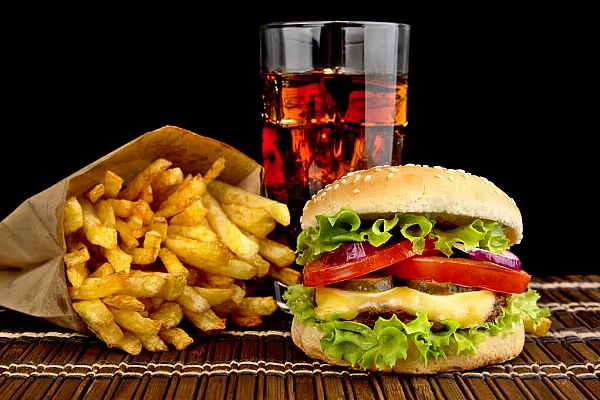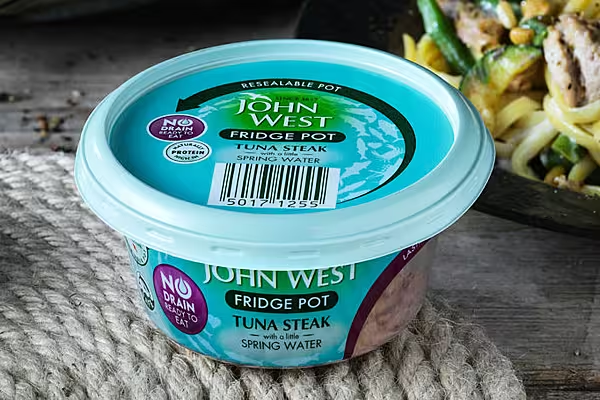The majority of European consumers (65%) believe that ultra-processed food items are unhealthy and will cause health issues later in life, according to a new study conducted by the EIT Food Consumer Observatory.
The pan-European study, titled Consumer perceptions unwrapped: Ultra-processed foods, also revealed that 67% of those surveyed believe that ultra-processed foods contribute to obesity, diabetes, and other lifestyle-related health issues.
The study comprised nearly 10,000 consumers across 17 European countries.
The research also showed that two thirds (67%) of consumers in Europe dislike the presence of unfamiliar ingredients in food items, and two fifths (40%) said that they are not confident about regulations on ultra-processed foods by authorities, expressing concerns about how safe and healthy they are in the long term.
Moreover, six in ten (60%) of those surveyed consider the category to be harmful to the environment, as it is perceived to be unnatural, due to the presence of chemicals and the involvement of industrial production processes.
Confusion And Uncertainty
Many consumers are also confused and uncertain about the extent to which their food is processed, both over- and underestimating this aspect.
The data showed that six in ten consumers (61%) identified energy drinks as ultra-processed, while only 34% and 22%, respectively, correctly identified vegan cheese and chocolate bars as being ultra-processed.
Klaus Grunert, professor at Denmark’s Aarhus University and director of the EIT Food Consumer Observatory, said, “The latest findings from the EIT Food Consumer Observatory demonstrate a clear knowledge gap in how consumers identify, understand and engage with how their food is produced.
Grunert added, “Giving consumers clearer labelling, guidance and education could help them to better understand and engage with this issue, but it’s also important that concerns over processed food are considered in the wider context of people’s diets and well-being.
“It’s also crucial that we continue to bolster our understanding and agreement of how we classify, evaluate and label foods, so that our advice to consumers is informed by the latest science.”
Ultra-Processed Food
Ultra-processed food items include packaged snacks, soda, sugary cereals, energy drinks and chocolate bars, as well as foods such as ready-made sauces, dips and meals, and salad dressings.
Many plant-based substitutes for animal products, such as vegan cheese, are also categorised as ultra-processed (based on the NOVA classification system) because they contain ingredients such as protein isolates, seed oils, emulsifiers, gums and additives, the report noted.
Other Findings
Concerns over processing levels are discouraging many consumers from choosing plant-based alternatives to meat and dairy products.
Around a third of consumers in Europe consider vegetarian chicken pieces (36%) and vegan cheese slices (34%) as ultra-processed foods.
Over half (54%) do not eat plant-based substitutes because they want to avoid ultra-processed foods, particularly those who consume meat and dairy.
Convenience, price and taste are the primary factors driving consumers to purchase the category, according to the study.
Sofia Kuhn, director of public engagement at EIT Food, said, “Whether it’s a pre-packaged pasta sauce for a quick meal at home or a fast-food treat meal out with the family, ultra-processed foods are part of the day-to-day fabric of consumer diets across Europe. However, it’s evident from these findings that people have real concerns about the health and sustainability aspects of these foods.
“As a sector, we need to create an environment which empowers individuals to make informed decisions about their diets and foster a dialogue that not only educates, but also inspires positive choices. That way, we can drive forward a healthier and more sustainable food system for all.”













